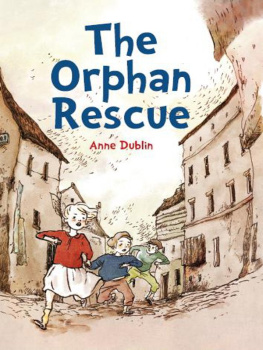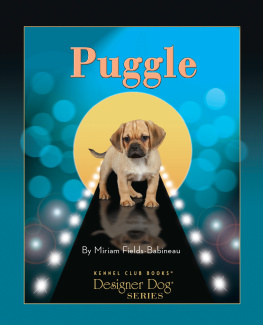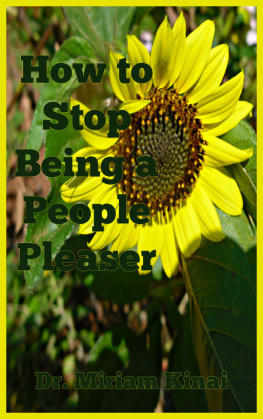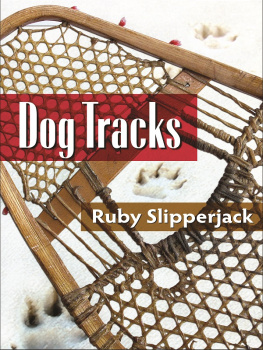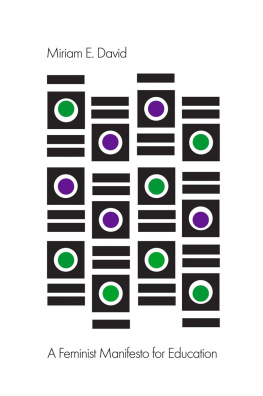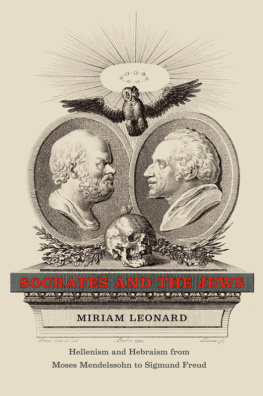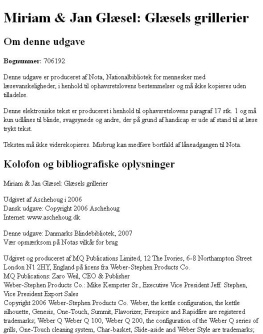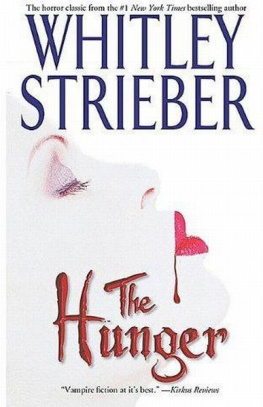
The Orphan Rescue
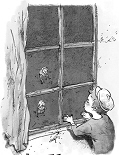
The
Orphan
Rescue
by Anne Dublin
illustrated by Qin Leng
Second Story Press
Library and Archives Canada Cataloguing in Publication
Dublin, Anne
The orphan rescue / by Anne Dublin.
ISBN 978-1-897187-81-4
I. Title.
PS8557.U233O76 2010 jC813.6 C2010-904361-8
Copyright 2010 by Anne Dublin
Illustrations 2010 by Qin Leng
Edited by Sarah Swartz
Copyedited by Kathryn White
Designed by Melissa Kaita
Cover and illustrations by Qin Leng
Printed and bound in Canada
The author gratefully acknowledges the support of the Ontario Arts Council.
Second Story Press gratefully acknowledges the support of the Ontario Arts Council and the Canada Council for the Arts for our publishing program. We acknowledge the financial support of the Government of Canada through the Book Publishing Industry Development Program.

Published by
SECOND STORY PRESS
20 Maud Street, Suite 401
Toronto, ON M5V 2M5
www.secondstorypress.ca
Contents
Poland, 1937
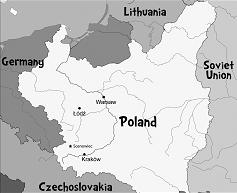
The city of Sosnowiec
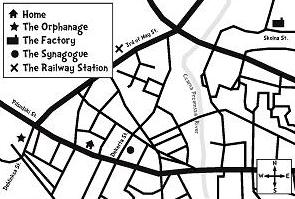
PROLOGUE
Sosnowiec, Poland
May 1937
There it is, Grandfather said as he pointed to the large, red brick building. Black letters on a sign above the wrought iron gate announced The Jewish Orphanage of Sosnowiec.
Grandfather pulled the rope beside the gate. A bell clanged loudly and made Miriam jump. The little piece of dry bread she had eaten for breakfast lay heavy in her stomach. Her brother Davids lips were trembling.
A tall, thin man walked toward the gate. His bald head, beady eyes, and long pointed nose made him look like a vulture. Mr. Goldstein, the man said, in a cold voice. I have been expecting you.
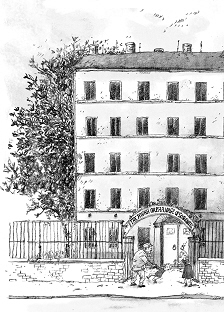
Grandfather nodded and shook the mans hand. Children, this is Mr. Reznitsky, the director of the orphanage, he said. He put his hand on Davids shoulder. And this is my grandson, David, and his sister, Miriam.
Mr. Reznitsky stared up and down at David. Then he opened the heavy gate. Please come in.
They walked along the path that led from the gate to the front door. At the side of the building, some boys and girls were weeding a vegetable garden or hanging clothes on lines stretched between poles. The boys wore striped shirts and navy blue pants. The girls wore white blouses and navy skirts.
The children stared at the newcomers. Miriam felt her face grow red.
Our orphans go to their lessons or to their workshops in the morning, Mr. Reznitsky said. In the afternoon they do chores to help keep this place running.
Grandfather, I dont want to stay here! David cried as he tugged on Grandfathers hand. I dont like it here. Take me home! Tears flowed down his cheeks and snot ran from his nose. He wiped his face with his sleeve.
David, dont be afraid, Grandfather said as he patted Davids head. Mr. Reznitsky ignored Davids cries.
Id be afraid, too, if I were left here in the orphanage, thought Miriam. I want to leave this place and go back home. Homewhere I know every piece of furniture, every dish in the cupboard.
David, listen, Miriam said. Heres my special handkerchief. Blow your nose.
On your handkerchief? Really? David asked in a trembling voice.
Miriam nodded. Give it a good blow.
David blew his nose. All the while, he stared at Miriam, as if she were about to disappear.
You know what? Miriam said. If you stop crying, you can keep it.
David nodded. IllIll try. He hiccupped several times, wiped his tears, and stuffed the handkerchief into his pocket.
Here we are, said Mr. Reznitsky. Come into my office.
Miriam had never seen such a beautiful room. Hundreds of books sat on shelves that went from the floor to the ceiling. Childrens artwork was tacked on a large cork board. A large oak desk with a comfortable leather chair stood in the center of the room. Near one bookcase, a canary chirped inside a wire cage.
David, I give you permission to sit at that table near my desk, Mr. Reznitsky said. Here are some colored pencils. He tried to be pleasant to the boy. Your grandfather told me you like to draw.
Ill draw with him, Miriam offered.
Who will draw with David after we leave? Miriam wondered. The grownups spoke in low voices while Miriam sat drawing beside her brother.
After a few minutes, Grandfather stood up. He looked upset and shaken. Softly he said, Miriam, it is time. David, dear boy, you must be brave. He bent down to kiss David on the head.
Miriam stood up quickly and grabbed one of Grandfathers hands. I wont let Grandfather leave me behind, she thought.
Be a good boy, Grandfather whispered.
Dont go! David wailed. Grandfather! Miriam!
David, they must leave now, said Mr. Reznitsky. Dont be a crybaby. They will come back to see you soon.
David didnt answer. He clung to Grandfather. They hugged each other tightly. Miriam joined them in a three-way hug. Each of them tried hard not to cry.
Mr. Reznitsky interrupted them. Now I will walk with you to the gate, he said to Grandfather. He looked at David and said sternly, You stay here.
As she went out the door, Miriam glanced back at David one more time. The gate closed behind them with a dull, heavy clang.
CHAPTER 1
The Family
It wasnt always like this, Miriam thought as she walked home with Grandfather. We were a family onceMama and Papa, David and me, Grandfather and Grandmother.
Miriam, David, and their parents had lived in three rooms in the center of the Jewish neighborhood in Sosnowiec.
Forty years ago, Sosnowiec was a small town. It had grown into a city because of the coal mines and factories. People looking for jobs poured in from the surrounding towns and villages. From this corner in southwest Poland, people could travel south to Austria, west to Germany, or east to Russia.
Papa was a watchmaker. Miriam loved to sit on the high stool next to his workbench as she watched his nimble fingers at work.
Now this is a fine watch, Papa would say, pointing with his thin tweezers at a gold watch from Switzerland. I will make it run again, to the second. He took the watch apart. Then he looked at the tiny parts through his magnifying eyepiece. By the time he finished, it worked better than new.
It was a difficult time for the family. They didnt have much money, but they were together and they were happy. Like many other people in Poland, they made do with the little they had. People dont bring their watches and clocks for me to fix anymore, Papa said. They must think that correct time is a luxury. He paused. And it is, compared to having something to eat.
It was the early 1930s and Poland was in the Great Depression, like the rest of the world. The Great Depression meant that there were many people out of work.
Next page
